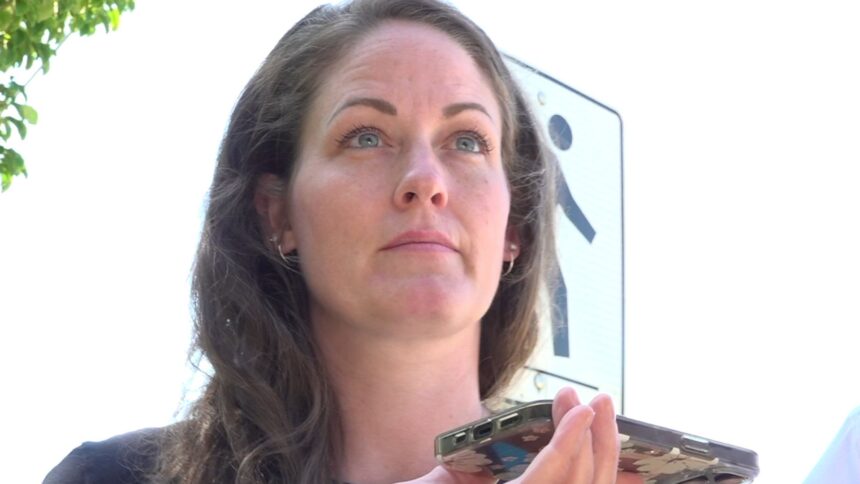In a dramatic reversal that has brought immense relief to one Vancouver Island family, British Columbia’s Health Minister Adrian Dix announced yesterday the reinstatement of crucial medical funding for 17-year-old Charleigh Pollock. The decision comes after weeks of public outcry and advocacy following the initial cancellation of support for the teen’s life-changing spinal muscular atrophy (SMA) treatment.
“This is about doing what’s right for a vulnerable young person caught in extraordinary circumstances,” Minister Dix stated during the announcement at the provincial legislature. “After careful review of Charleigh’s specific case and consultation with medical experts, we’ve determined that continuing coverage is the appropriate course of action.”
The teenager from Sooke has been receiving Spinraza treatments since 2019, a medication that costs approximately $118,000 per injection and has proven remarkably effective in managing her condition. Charleigh’s mother, Shannon Pollock, described the treatment as transformative, allowing her daughter to maintain her independence and quality of life despite living with a progressive neuromuscular disorder.
The funding reversal represents a significant policy exception, as provincial guidelines typically restrict coverage once patients reach certain clinical thresholds. In Charleigh’s case, her improvement from the medication had paradoxically put her funding at risk, creating what many healthcare advocates described as a “success penalty.”
Dr. Margaret Thompson, a neurologist specializing in neuromuscular disorders at CO24 News, explains the complexity of the situation: “Medication efficacy measurements don’t always capture the full picture of benefit. For conditions like SMA, maintaining current function can be as important as improvement, particularly during critical developmental stages.”
The province’s initial decision to discontinue funding sparked intense public debate about healthcare resource allocation and the ethical dimensions of treatment accessibility. Several advocacy organizations, including the Muscular Dystrophy Association of Canada, had rallied behind the Pollock family, arguing that disrupting established treatment protocols could lead to irreversible decline.
“We recognize there are always difficult decisions in healthcare funding,” said Finance Minister Katrine Conroy in a statement following the announcement. “But we must always balance fiscal responsibility with compassionate care, especially when dealing with rare conditions affecting young people.” The reinstatement decision comes as the province reviews its broader healthcare policies regarding rare disease treatments.
For Shannon Pollock, the announcement ends weeks of uncertainty and fear. “We’ve been living with this hanging over our heads, wondering if we’d have to watch Charleigh lose abilities she’s fought so hard to maintain,” she said, visibly emotional during a brief press conference. “Today feels like we can breathe again.”
The case has highlighted significant gaps in Canada’s approach to rare disease treatment funding. While the federal government announced a Rare Disease Drug Strategy with $1.5 billion in funding earlier this year, implementation remains in early stages. Health policy experts suggest Charleigh’s case could influence how provinces interpret treatment continuation criteria going forward.
Medical ethicist Dr. Jonathan Reid from the University of British Columbia noted that cases like Charleigh’s raise profound questions about how we measure treatment success. “The traditional metrics of improvement versus maintenance don’t always serve patients with progressive conditions well. Sometimes, not getting worse is the victory,” he told CO24 Politics.
Charleigh, who hopes to attend university next year to study psychology, expressed gratitude for the support she’s received. “It’s been overwhelming to see how many people cared enough to speak up,” she said. “I just want to keep living my life, going to school, seeing friends—the normal things that this medication makes possible.”
As provincial health authorities work to formalize the continuation of Charleigh’s treatment plan, the broader question remains: how will our healthcare system evolve to address the growing number of breakthrough treatments for rare diseases that come with significant price tags but life-changing benefits? For the Pollock family, today’s victory is personal, but its implications may reshape how we approach treatment funding decisions for generations to come.

























